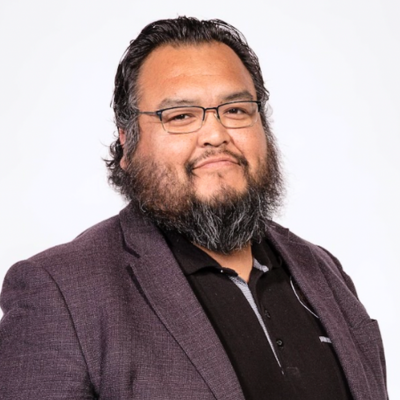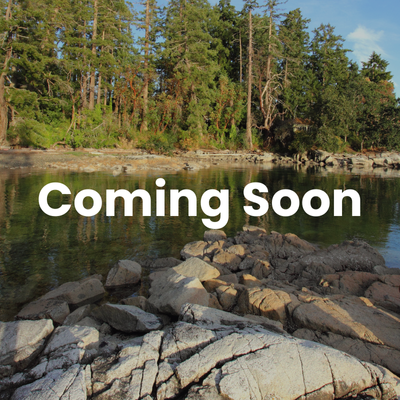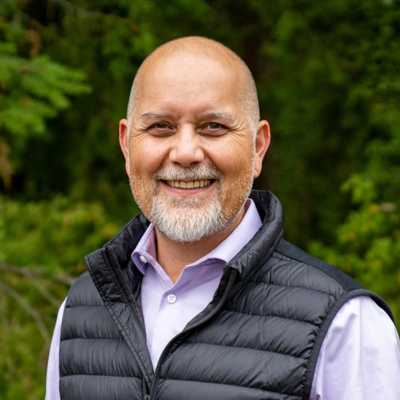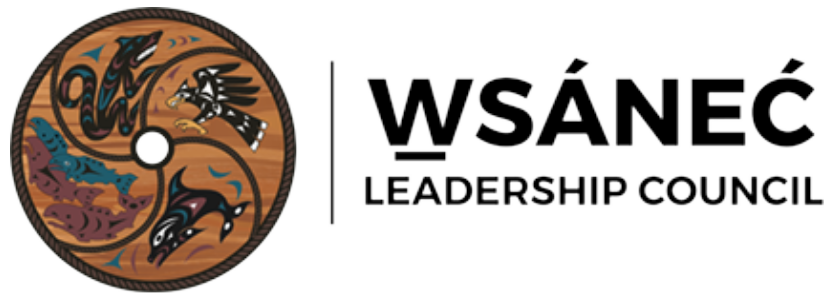About Us
Who We Are
The W̱SÁNEĆ Lands Trust Society (WLTS) is a not-for-profit organization with charitable status. It has also recently become an approved recipient under Environment and Climate Change Canada’s Ecological Gift Program and is the first Indigenous organization in Canada to receive land under this program.
Currently, leadership from Tsartlip and Tseycum sits on the WLTS Board. Leadership from all W̱SÁNEĆ communities are encouraged and welcome to join at any time.
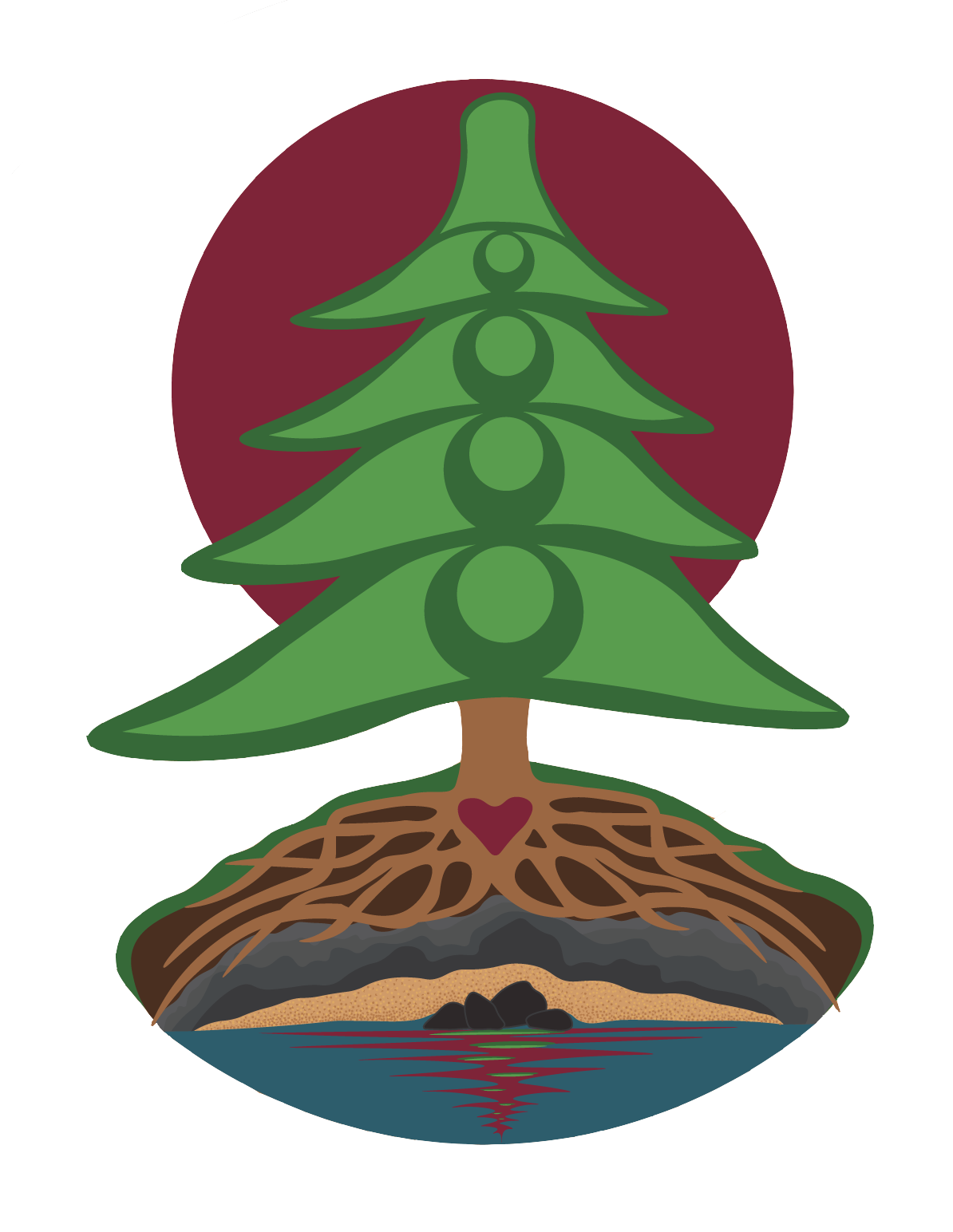
Why We Exist
W̱SÁNEĆ have had a sacred obligation to care for the land and waters since the beginning of time. These obligations were given to the W̱SÁNEĆ by XȺLS (the creator) and although limited, were fundamentally recognized through the creation of the 1852 Douglas Treaties.
The ability to attract private land return opportunities is of particular importance to W̱SÁNEĆ because of high rates of private land ownership within W̱SÁNEĆ territory. This means there is very little land available for return through reconciliation processes with the Crown.
The WLTS furthers this goal by accepting donations of land to W̱SÁNEĆ, restoring land harmed by colonization to ecological balance, and accepting monetary donations to facilitate their work.
Our Purpose
The purposes of the WLTS, as set out in its constitution, are:
- to hold lands in trust for the benefit of W̱SÁNEĆ (the emerging people);
- to provide an amenity to W̱SÁNEĆ by establishing and maintaining spaces for the sustainable exercise and enjoyment of W̱SÁNEĆ rights and title and Douglas treaty rights;
- to protect and care for sites of ecological, historic, and cultural value within W̱SÁNEĆ traditional territories on behalf of all future generations, in order
- to protect and care for the natural and cultural heritage of W̱SÁNEĆ, to further reconciliation, to honour the Douglas treaties, and to respect W̱SÁNEĆ rights and title;
- for the attainment of the above objectives, to seek and receive donations of money, land and other property for the purposes of the Society; and
- to do all such other things as are incidental or ancillary to the attainment of the purposes and the exercise of the powers of the Society.
The WLTS will achieve these goals by providing a place for land to be held collectively, across the W̱SÁNEĆ Bands, and by making land return and the provision of financial support easier for private donors.
Although the main goals are to help future generations of W̱SÁNEĆ access land for cultural purposes and to positively impact the environment through W̱SÁNEĆ stewardship, the WLTS will also seek land back for collaborative projects such as community housing and economic development initiatives.
Our People
Our Story
The W̱SÁNEĆ people have had a sacred obligation to care for the land and waters since the beginning of time.
These obligations were given to the W̱SÁNEĆ by XȺLS (the creator) and although limited, were recognized through the creation of the 1852 Douglas Treaties. Due to the multiple assaults of colonialism, W̱SÁNEĆ people have been left with very little land, this has harmed W̱SÁNEĆ people – whom have lost access to food, medicine, their economy and important materials and space for required for cultural practices – and access to care for the land – much of which is now is need of restoration due to harms caused by farming, development, and industry. The W̱SÁNEĆ community is working to recover land for the benefit of the W̱SÁNEĆ people and the land itself.
WLTS was formed in 2021 as a modern expression of these obligations and as vehicle to return 9.67-acre SISȻENEM (Halibut Island) to the W̱SÁNEĆ by The Land Conservancy of British Columbia in 2021. The agreed transfer was the first of its kind in Canada between a land trust and an Indigenous community.
Since 2021 the WLTS has been working to achieve charitable status and to properly set up the Lands Trust so that it is able to accept and govern land in a responsible way, one that recognizes the need to conserve and protect some land and the need to bring in land that will help with the economic sustainability of the W̱SÁNEĆ communities.

